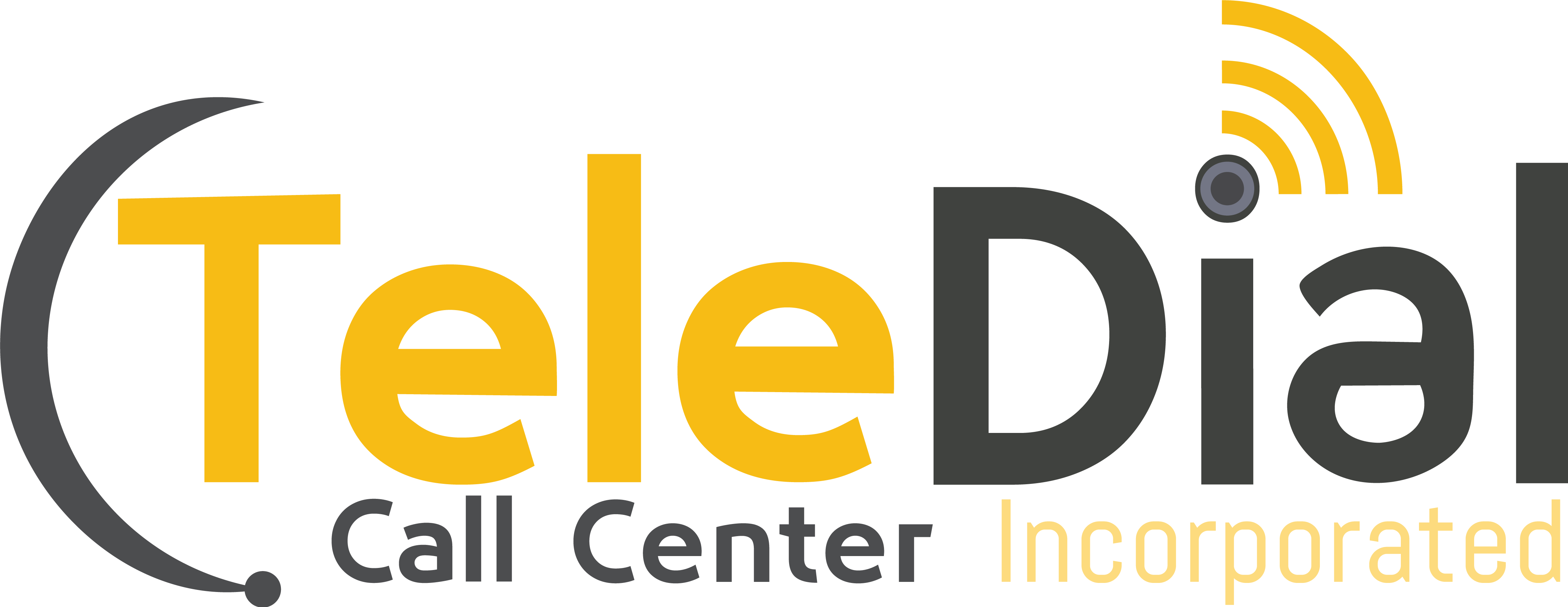
As businesses increasingly rely on outsourcing to streamline operations and reduce costs, data security has become a critical concern. Entrusting sensitive information to external partners carries inherent risks, but with the right strategies, companies can safeguard their data effectively. This guide explores the best practices for ensuring robust data security in outsourcing arrangements.
Outsourcing & Data Security: Best Practices for Protection
Outsourcing involves transferring certain business functions to third-party vendors, which often requires sharing sensitive data. While this strategy offers significant benefits, such as cost savings and operational efficiency, it also introduces vulnerabilities that could be exploited if not properly managed. Implementing best practices is essential for protecting information and maintaining trust in outsourcing relationships.
Understanding the Importance of Data Security in Outsourcing
The Growing Trend of Outsourcing and Its Data Security Implications
The global outsourcing market has grown substantially in recent years, driven by advancements in technology and the need for businesses to remain competitive. However, this growth has also increased the complexity of managing data security. Organizations must address potential vulnerabilities to prevent data breaches, unauthorized access, and other security issues that could harm their reputation and financial stability.
When outsourcing, sensitive data such as customer information, financial records, and intellectual property is often shared with external providers. This data must be protected at all stages, from transmission to storage and processing. Failing to secure this information can lead to significant consequences, including regulatory penalties and loss of customer trust.
Identifying Common Data Security Risks in Outsourcing Arrangements

Outsourcing relationships can expose businesses to several data security risks. Understanding these risks is crucial for developing targeted mitigation strategies and ensuring secure operations. Here are some common risks businesses may face:
- Unauthorized access: Vendors or their employees may gain unauthorized access to sensitive information.
- Data breaches: Weak security measures can lead to the exposure of confidential data.
- Compliance issues: Non-compliance with data protection regulations can result in legal penalties.
- Third-party vulnerabilities: Vendors may lack the necessary security protocols, increasing the risk of cyberattacks.
By identifying these risks, businesses can take proactive steps to mitigate them and ensure secure outsourcing arrangements.
Establishing a Strong Foundation for Data Security
Essential Elements of a Data Security Policy for Outsourcing
A comprehensive data security policy is the cornerstone of safe outsourcing. This policy acts as a roadmap for safeguarding sensitive information and ensuring all stakeholders understand their responsibilities. To create a robust policy, organizations must focus on several critical components that address potential vulnerabilities and establish clear guidelines. Key components of such a policy include:
- Data classification: Identify and categorize data based on its sensitivity and importance.
- Access control: Define who can access specific types of data and establish strict permissions.
- Encryption standards: Mandate the use of robust encryption for data in transit and at rest.
- Incident response plan: Develop a plan to address potential data breaches promptly.
- Regulatory compliance: Ensure alignment with relevant data protection laws and standards.
Selecting Outsourcing Partners with Robust Security Credentials

Choosing the right outsourcing partner is crucial for maintaining data security. The selection process should involve thorough due diligence to evaluate the potential vendor’s security measures, industry reputation, and adherence to regulatory requirements. Businesses should:
- Evaluate the vendor’s security policies and practices.
- Verify certifications such as ISO 27001, which demonstrates a commitment to information security management.
- Assess the vendor’s track record of handling data securely.
- Conduct site visits or audits to ensure compliance with security requirements.
Implementing Best Practices for Data Protection in Outsourcing
Ensuring End-to-End Encryption of Sensitive Information
Encryption is a vital tool for protecting sensitive data. It ensures that even if data is intercepted, it cannot be read or misused. Implementing effective encryption protocols should be a priority for any business engaged in outsourcing. Businesses should:
- Use end-to-end encryption for all data transmissions.
- Employ advanced encryption algorithms, such as AES-256, to secure data.
- Ensure that decryption keys are stored securely and accessible only to authorized personnel.
Regularly Updating and Patching Security Systems
Outdated software and systems are prime targets for cyberattacks. Cybercriminals often exploit known vulnerabilities in outdated systems, making regular updates and patches a critical aspect of data security. To maintain robust security, businesses should:
- Implement a schedule for regular updates and patches.
- Use automated tools to identify and address vulnerabilities promptly.
- Collaborate with vendors to ensure their systems are also up-to-date.
Conducting Frequent Security Audits and Compliance Checks

Regular audits are essential for identifying and addressing security gaps. These evaluations not only help businesses identify potential weaknesses but also ensure compliance with industry standards and contractual agreements. Businesses should:
- Perform internal and external security assessments.
- Review compliance with industry regulations and contractual agreements.
- Address audit findings with actionable improvements.
Advanced Strategies for Mitigating Data Security Threats
Leveraging Artificial Intelligence for Enhanced Security Monitoring
Artificial intelligence (AI) can significantly enhance data security by offering advanced monitoring and response capabilities. As cyber threats become more sophisticated, AI-powered solutions can provide businesses with the tools needed to stay ahead. AI can:
- Detecting anomalies and potential threats in real time.
- Automating responses to security incidents, reducing response times.
- Analyzing patterns to predict and prevent future threats.
Adopting a Zero Trust Security Model in Outsourcing Relationships

The Zero Trust model operates on the principle of “never trust, always verify.” Key aspects of this approach include:
- Verifying the identity of users and devices before granting access.
- Implementing multi-factor authentication (MFA) for all systems.
- Limiting access to data on a need-to-know basis.
- Continuously monitor user activity for signs of unusual behavior.
Building a Secure Future for Outsourced Data

Data security in outsourcing is an ongoing effort that requires vigilance, collaboration, and adaptation to emerging threats. By understanding the importance of data protection, implementing best practices, and leveraging advanced technologies, businesses can safeguard their information and maintain the integrity of outsourcing relationships.
As the outsourcing industry evolves, so too must data security strategies. Businesses that prioritize security will not only protect their assets but also build stronger, more resilient partnerships with their vendors. With the right approach, outsourcing can continue to be a powerful tool for growth and efficiency without compromising data security.
